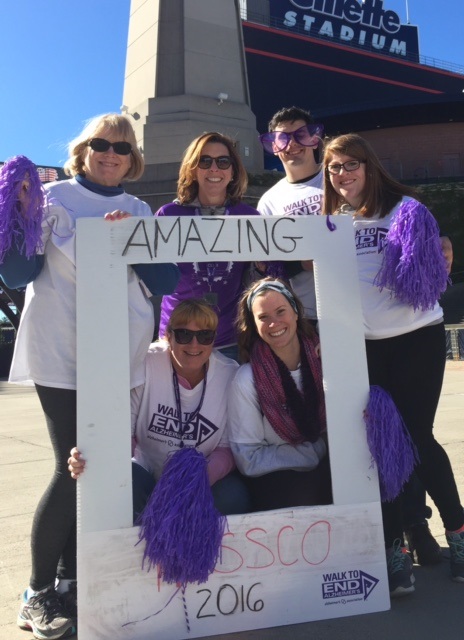By admin|2016-10-27T13:35:49+00:00October 27th, 2016|Uncategorized|
Q: Is drug abuse an issue with older people?
A: Yes. Little attention has been paid to the issue of substance abuse—both legal and illegal drugs–among the elderly. But recent data demonstrates that drug abuse is increasing among elders, and is a larger proportion of all substance abuse among this population.
One study in 2011 reported that 6.3% of those age 50 to 59 reported they had used illicit drugs in the past month, more than twice the rate recorded in 2002. Baby boomers (born between 1946 and 1964) haved a lifetime rate of illicit drug use higher than those of people older than them. The number of older adults needing treatment for substance abuse is estmated to increase from 1.7 million in 2000 to 4.4 million by 2020.
Nonmedical use of prescription drugs among people 50 years and older is predicted to increase to 2.7 million American by 2020, and one recent study of elderly men in hospital emergency rooms showed that 11.6% involved opioid use—a rate nearly 5 times higher than marijuana, and 6 times higher than cocaine.
One large study of emergency department admissions in 2008 for illicit substance abuse among adults over age 50 years noted that nearly 60% were aged 50 to 54 years, while only 1.5% were over age 75 years. Substance abusers were 70% male. The substances most commonly abused include cocaine (50%–60% of cases), heroin( 25%), and marijuana ( 20%).
Researchers define “early onset users” as individuals with a long history of substance abuse, who continue to abuse as they age. “Late-onset” substance abuse is a less common pattern, accounting for less than 10% of substance abuse among the elderly. Some elders who start abusing drugs do so because of medical factors, like higher rates of painful medical conditions that push the elder toward self-medication, and the development of psychiatric conditions like depression or dementia. Older adults also suffer from higher rates of many of the same risk factors found in younger adults—like bereavement, social isolation, financial difficulties, or poor support systems
Some studies suggest that in recent years prescription opioids have replaced heroin as the opioid of choice, including among the elderly. But among people who were early users of illicit drugs, heroin has been a drug of choice for so long that changing trends are not immediately reflected among elderly users.
The most common addiction among the elderly is with legal substances, like nicotine and alcohol. Psychoactive prescription drugs come in third, and illegal drugs, like marijuana, cocaine, or narcotics, come in fourth. One study of alcohol use in assisted living found that 60% of residents drank alcochol, 34% drank daily, 19% had health impacts from drinking, and 12% had physical or psychosocial harm from alcohol. Alcohol abuse is a risk factor for a psychiatric illness: older adults are 3 times as likely to develop as mental disorder if they have a lifetime diagnosis of alcohol abuse.
Some studies recommend that every 60 year old should be screened for alcohol and prescription drug use/abuse as part of their routine physical exam. But diagnosis of elder drug abuse is a challenge for primary care doctors. Older patients may feel compelled to hide their abuse. Doctors may become absorbed with other medical concerns and neglect to explore the possibility of substance abuse. Bringing more attention to elderly drug abuse will hopefully encourage physicians to become more comfortable learning about treating older substance abusers.


